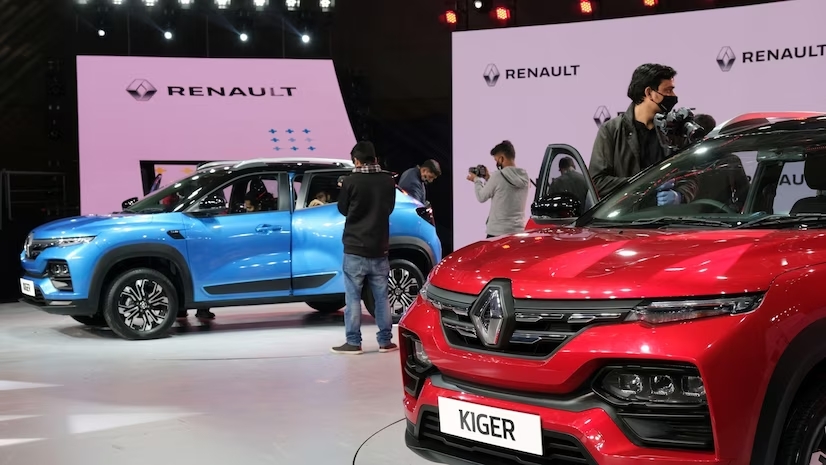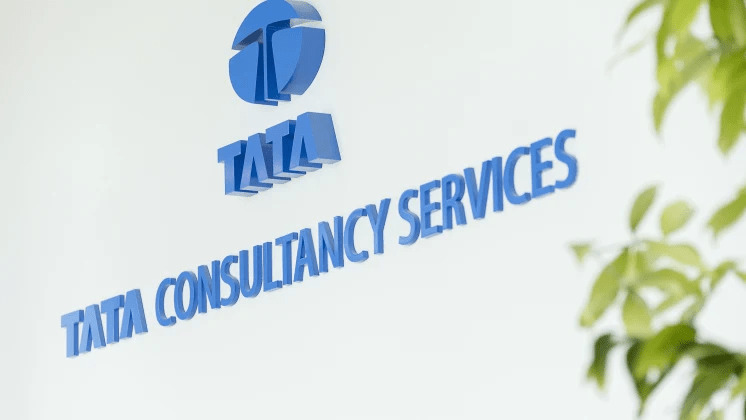India’s switch to electric vehicles is providing automakers with a second shot whose traditional petrol cars haven’t been successful.
Numerous international auto manufacturers have found it challenging to prosper in one of Asia’s largest economies due to high taxes, price-conscious consumers, and challenging logistical problems. They have struggled to break the dominance of regional firms like Maruti Suzuki India Ltd., a household name since the 1980s owing to its famous Maruti 800, the first widely accessible vehicle.

However, with the transition to EVs, companies like Volkswagen AG, Renault SA, Nissan Motor Co., and local affiliates of China’s SAIC Motor Corp. may eventually acquire a stronger presence.
While MG Motor only has a small share of the local passenger car market, it recently unveiled ambitious plans to gain a foothold in the developing EV market in India. The company expects to generate up to three-quarters of its sales in India from EVs by 2028 through the introduction of four to five new models, the majority of which will be all-electric.
With an investment of 50 billion rupees ($607 million), MG Motor is also establishing a second factory to produce electric vehicles, bringing its total annual manufacturing output in India up to 300,000 automobiles, as well as a battery assembly facility in the western state of Gujarat. Additionally, it intends to reduce its 100% ownership of its local unit’s shares with the goal of having an Indian company own the bulk of it in two to four years.
The EV transition is being used by other foreign automakers to increase their position in India, where they already control a sizeable portion of the vehicle industry.
Hyundai Motor India Ltd. said in May that it will invest 200 billion rupees in Tamil Nadu, a state in southern India, to create an environment for electric vehicles. By 2032, new electric models will be available, a battery pack assembly with a 178,000 unit yearly capacity will be put up, 100 charging stations will be placed along main thoroughfares, and so on.
Global corporations’ interest might accelerate India’s sluggish EV transition.
According to BloombergNEF, the number of electric vehicle sales last year was just 49,800 units or 1.3% of the 3.8 million passenger car sales. Adoption has been hampered by EVs’ greater price compared to internal combustion engine vehicles and the lack of public charging stations. (BNEF places India in the ‘late’ group in its most recent long-term EV forecast when examining the likelihood of accomplishing a complete phase-out of ICE car sales by 2038, noting that it’s presently not on pace for net zero emissions in the passenger car market by 2050.)
Global automakers are reconsidering India because of its enormous development potential and as a different manufacturing base as the US-China trade tensions rise. The shifting geopolitics are being used by Prime Minister Narendra Modi to entice businesses with financial incentives, enticing them to produce semiconductors and smartphones in the country.
MUST READ – AI technique for ‘Personalised Cancer Diagnosis’ Is Created By IIT Madras Researchers.
A prime example is Volkswagen, the largest automaker in Europe. According to reports, Samsung intends to electrify 30% of its range of passenger cars in India by the end of this decade and could introduce its first electric vehicle, the ID.4, there the following year.
After a protracted standoff, Tesla Inc. also seems to be decreasing, with top officials touring India just recently to discuss potential local component sourcing. In an effort to expand Tesla’s supply chain outside of China, they also discussed incentives with federal government officials, according to people with knowledge of the situation.
Along with decarbonizing a Chennai manufacturing facility, Renault and Nissan also want to invest around $600 million in India to increase their automobile range, which will now include two electric models.
It won’t be an easy journey, but given that many domestic manufacturers (with the possible exception of Tata Motors Ltd.) have yet to make a significant commitment to EVs, the international competitors have a fighting chance.



